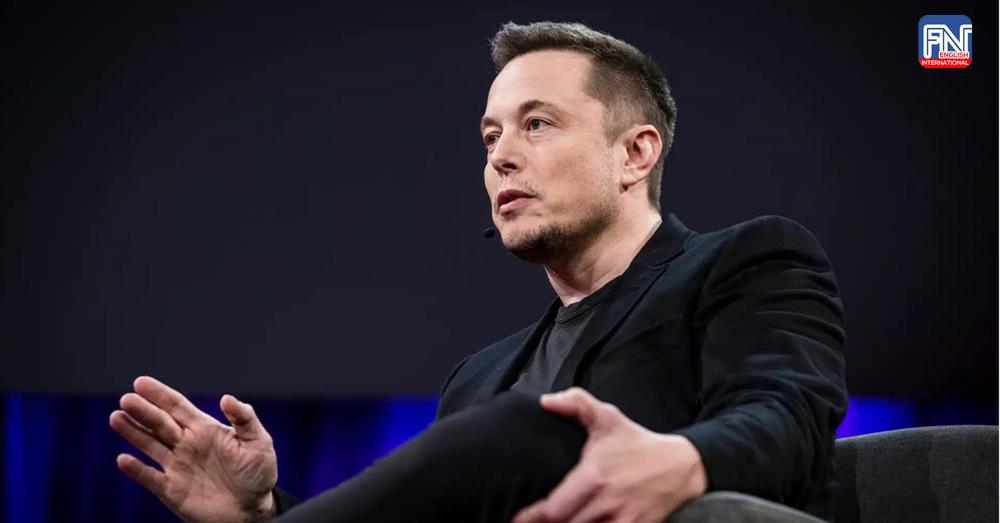WASHINGTON, Dec. 18 (Greek Reporter) - On Dec. 15, a user on X—the social media platform formerly known as Twitter floated the idea of launching a mail domain service rivalling Gmail. Under normal circumstances, the suggestion might have been ignored. But when Elon Musk replied, “Yeah. On the list of things to do,” it stirred considerable attention and concern.
Though Xmail remains a rumor, if this service becomes real, the implications could be significant, especially for the billions of people who use Gmail.
Musk’s popularity, combined with X’s reach and Gmail’s dominance, creates a fertile ground for scammers. Musk’s hints of new services often generate excitement and speculation. This attention gives scammers a perfect opportunity to create phishing schemes designed to trick users.
Phishing is a cyberattack where criminals send fake messages to steal sensitive information like passwords or credit card details. With advancements in AI, these scams are now easier to produce and more convincing than ever.
If rumors about Xmail continue, scammers are likely to send fake invitations for early access to the service. These messages may ask users to share their Gmail login details, promising to transfer emails or make the switch to Xmail seamless. Falling for such scams could lead to identity theft or loss of personal data.
The bottom line is that Xmail doesn’t exist yet, but phishing threats do. Gmail users should be cautious and avoid sharing their credentials in response to unsolicited invitations.
Even if Musk decides to launch an email service, the name “Xmail” might present challenges. A quick search shows that multiple email services already use the name “Xmail” or “XMail.”
Naming conflicts could lead to confusion for users and legal hurdles for Musk’s team. While Musk likely has the resources to buy the rights to the name, existing services may not want to sell. If this issue isn’t resolved, it could complicate the launch of a new platform and create additional security risks, such as impersonation by scammers.
Speculation about Xmail also extends to its potential privacy and security features. Based on Musk’s previous comments, Xmail might adopt a simpler design similar to X’s direct messages (DMs). He once supported the idea of a “plain text DM inbox” without complex threads or formatting.
Security experts believe Xmail could offer end-to-end encryption, making it a more secure service. X’s current DM system already supports encryption, though with some limitations. Encrypted messages on X are only available to verified users on the latest app versions who have interacted previously.
If Xmail follows a similar approach, it may offer stronger privacy protections than traditional email services. However, these features remain speculative. Until there is an official announcement, users should remain cautious about privacy expectations.
While Xmail remains a Musk-fueled rumor, it’s wise to stay informed. The combination of Musk’s influence, X’s media attention, and Gmail’s vast user base makes this a potential security issue even before Xmail exists.
Users should be on guard for phishing attempts, avoid sharing login details, and verify any invitations related to Xmail. Whether or not Musk launches his email service, the risks of scams are real. Stay alert to protect your data and privacy.





